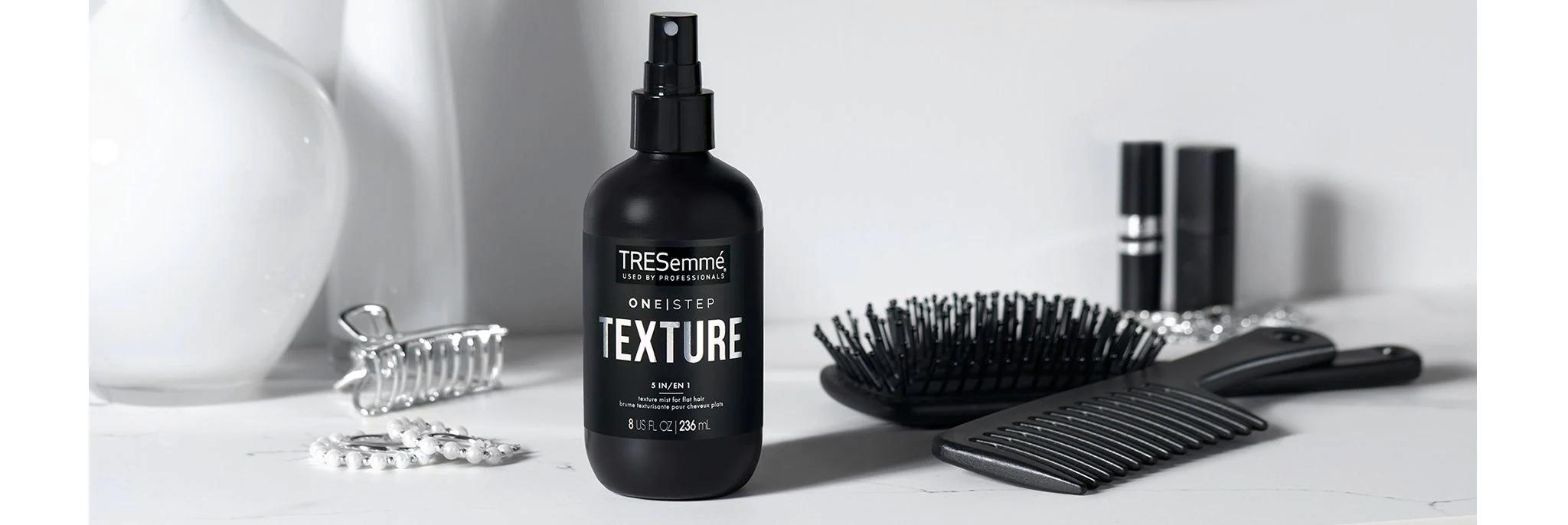How to Get Perfectly Tousled Hair Texture TRESemmé®
Activities like working out, working hard or even sitting too long put a strain on your body and mind. We heal through recovery. It can take place in a lot of ways, and it means you’re giving your body the time and tools it needs to get back to baseline – mentally and physically.
- 1 What Is Recovery?
- 2 Why is Recovery so Important?
- 3 How Can I Help My Body Recover?
- 4 Stretching Before & After Workouts
- 5 Hydration & Electrolytes
- 6 Sleep & Meditation
- 7 Tools & Techniques

1 What Is Recovery?
Activities like working out, working hard or even sitting too long put a strain on your body and mind. We heal through recovery. It can take place in a lot of ways, and it means you’re giving your body the time and tools it needs to get back to baseline – mentally and physically. After a workout, you might feel sore, achy or tired. When you put stress on your muscles, these physical effects are a sign you need to reset. You can also put strain on your body by sitting too long or staring down at a phone or computer. When you’re feeling exhausted, drained or burnt out, it’s time for a mental reset.
2 Why is Recovery so Important?
Often, exercising creates micro-tears in our muscles that allow them to rebuild and grow. These tears are the natural process that allows our muscles gain strength and mass. However, this process results in a buildup of lactic acid that needs to be removed. That’s why cooling down and stretching are essential ways to begin recovery. We may also need to mentally recover from our days, letting our minds return to a healthy baseline. After a long day of stress or stimulation, you might feel run down or fatigued. If you feel more tired than usual, give your mind a chance to rest.
3 How Can I Help My Body Recover?
To help yourself physically and mentally recover, it’s important that you get plenty of sleep, a well-balanced diet, and continue to exercise, but there are other ways you can help your body rest and repair as well.
4 Stretching Before & After Workouts
One of the most important ways to help your body recover is by stretching before and after a workout. By stretching muscles slowly and gently, you can help prevent cramps and soreness caused by a buildup of lactic acid.
5 Hydration & Electrolytes
When you work out, you lose water and electrolytes – minerals like sodium, calcium and potassium – through sweat. It’s recommended that you drink water, smart water or an electrolyte drink after exercising to optimize performance and recovery.
6 Sleep & Meditation
Good quality sleep helps you mentally recover and lets the body recuperate from exertion. Meditation is known to help the mind and body recover. Not only can it reduce anxieties, but it can help focus the mind and decompress the body for more optimal performance.
7 Tools & Techniques
Foam rolling muscles after your workout could help reduce soreness while improving flexibility. It could also help prevent injuries by loosening tight muscles. Massaging muscles with a hand massager or percussion gun also works to alleviate soreness by working extra fluids out of the muscles. It can also help relax the body and minimize tension.